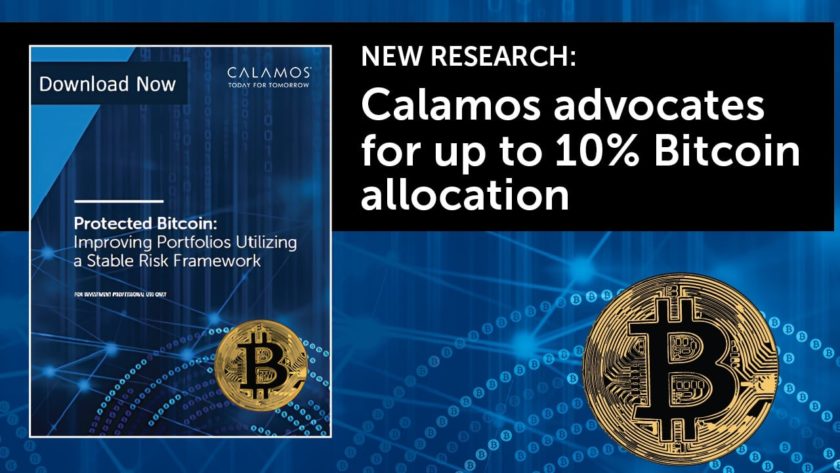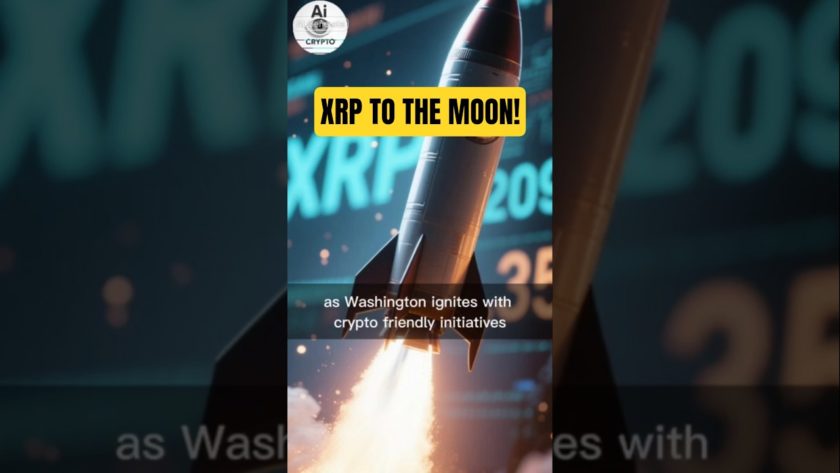KPMG along with partners at Ketchum Analytics has launched a new, free research report that explores how blockchain-enabled tokenization is transforming the way consumers interact with each other and businesses.
The findings indicate that tokenization is ushering in a new generation of commerce, and brings to light the strategic value of deploying blockchain infrastructure for the many business opportunities it offers – from creating new customer engagement opportunities to driving new revenue streams.
However, the potential is vast in those industries where consumers already express high levels of loyalty. For instance, when asked about loyalty to products/services across industries, consumers reported high levels of allegiance to banks and credit card companies – 87 percent.

- Just one-third of respondents are highly familiar with the modern-day, blockchain-based definition of tokens, however, the majority of that group (63%) appreciate the advantages of tokens as an easy form of payment.
- Approximately 55% of those familiar with blockchain-based tokens believe tokenization will enable them to make better use of loyalty reward points.
- Gen Z is the most accepting when it comes to adopting tokenization.

A consumer using his iPhone watches a 30-second mobile video ad promoting a new line of watches. He is fascinated and watches the ad a second time.
That encounter is captured digitally and reported back to the watch company, prompting its marketing team to personalize a customized, direct marketing effort to that potential consumer. The watch company would pay a fee for the package of knowledge and insights gleaned from that engagement, yet the consumer’s privacy is protected because none of his personal data is obtained.
There’s no need to imagine that scenario; blockchain is enabling it to happen – right now.
Welcome to the brave new world of tokenization, where digital tokens issued on blockchains are used to represent asset ownership and to efficiently facilitate asset exchange. By leveraging blockchain infrastructure, this digitalized form of currency uses digital tokens to control and exchange ownership in an asset or something else with perceived value.
In doing so, tokens support transparent, immutable and frictionless transactions – and that is unlocking new models for engagement between businesses and consumers. Tokens are enabling new ways to purchase products and services, enhance customer experiences, and strengthen customer trust and brand loyalty, in addition to numerous value-driving business initiatives.
While still in its early days of adoption, tokenization is already reshaping commerce by enabling new ways to drive consumer behaviours to build trust and brand loyalty. Companies that ignore the potential of tokenization to transform business models and competitive landscapes may soon be leap-frogged by bolder players who are harnessing tokenization to create competitive advantages. How? By pursuing new opportunities to drive real business value for organizations across industries.

Loyalty programs are already being redefined by tokenization, and represent an ideal platform for businesses to introduce tokenization. 82 percent of consumers are willing to use tokens as part of membership in an existing loyalty program, and 81 percent would trust the use of tokens more readily if they are already a part of a company’s loyalty program. Program enhancements driven by tokenization could further cement a brand’s engagement with loyalty members.
Beyond making loyalty points a more valuable commodity for the customers who use them, this form of tokenization also promises significant operational efficiencies with the automation of inter-brand transactions and back-office functions. By creating more liquidity by using blockchain tokens, the transfer of value is accelerated. Thus, loyalty providers can more easily move liquidity off their books and bolster their balance sheets.

- KPMG Releases Free Study on How Blockchain-Enabled Tokenization Will Transform Commerce – September 25, 2019
- University of Cambridge Delivers New Blockchain Model To Improve Global Supply Chains – September 25, 2019
- Easywallet: 25,000 French Points of Sale Terminals to Accept Cryptocurrencies – September 25, 2019
- Global Blockchain Market is Expected to Reach USD 169.5 Billion by 2025 – September 25, 2019
- Deutsche Bank Pilots Blockchain Technology To Provide Global Beneficial Ownership Transparency Solution – September 24, 2019
- Canadian Company Kik Drops Messenger, Restructuring Kin for Almighty Battle with US SEC – September 24, 2019
- Securitize Raises US$14M – Round Led by Santander InnoVentures, MUFG, and Nomura Holdings – September 24, 2019
- Proxeus Goes Live: Building on Blockchain Without Code – September 24, 2019
- Bank for International Settlements Proposes “Embedded Regulation” for Blockchain Markets – September 24, 2019
- Cryptocurrency Forensic Firm Elementus Raises $3.5 Million – September 23, 2019
- ICObox Busted: US SEC Charges ICO Incubator and Founder for Unregistered Offering and Broker Activity – September 23, 2019
- J.P. Morgan’s Blockchain Fueled Cross-Border Payments IIN Grows to 300+ Banks – September 23, 2019
- R3 and Infosys Wrap up Global Trial of Blockchain Based Trade Finance – September 23, 2019
- European Commission Releases New Support Paper on Blockchain – Further Funding for Startups Encouraged – September 19, 2019
- Bitpay Opens Up Doors For Ethereum Payments – September 16, 2019
- Neufund Launches Blockchain-Driven Equity Token Sale for Retail Investors Out of Lichtenstein – September 16, 2019
- London Blockchain Accelerator Academy Looking for Partners – September 13, 2019
- Blockchain Startup Blockstack Raises a Whopping $23 Million In SEC-Qualified Reg A+ Token Offering – September 12, 2019
- France Vows to Block Facebook Libra Cryptocurrency in Europe – September 12, 2019
- R3 and Mastercard Team Up Mastercard to Build Overseas Payments System Build on Blockchain – September 12, 2019
Also published on Medium.






